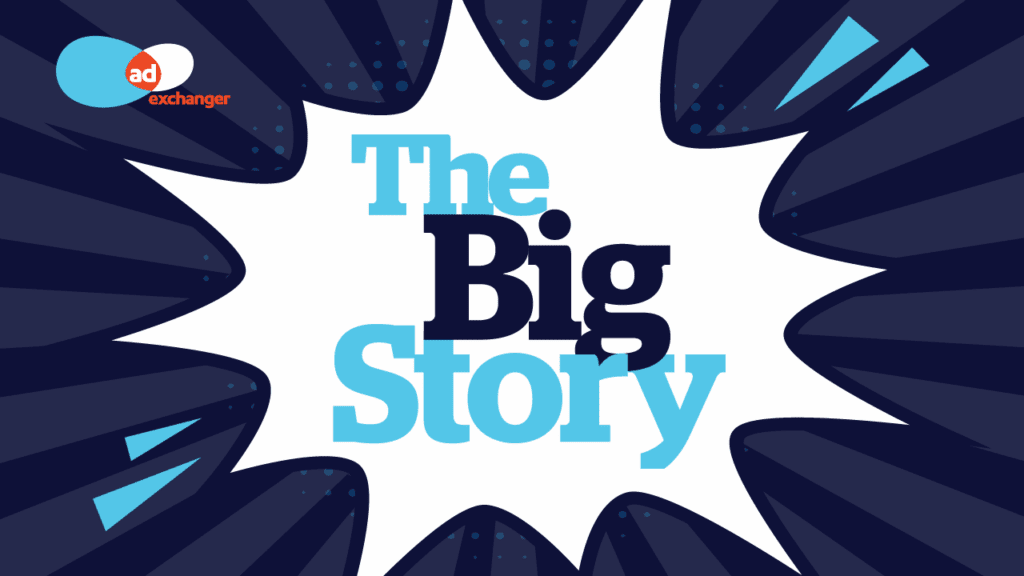You’ve heard the saying, “Information is Power”. But have you heard the one that goes like this…”Not having the right mortgage information to match your particular circumstances can wind up costing you tens of thousands of dollars?”
There are more mortgage options available in today’s market place than credit card offerings (well, almost). However, having an ocean of mortgage loan options is not necessarily the problem. It’s having an overabundance of misinformation that usually drowns most consumers and makes one of the most important financial investments difficult, at best, to make.
Is it any wonder that most people find themselves in the throes of the mortgage-loan rip-tide? Consider this list for a moment: reverse mortgages, convertible balloon mortgages, interest-only mortgages, graduated payment mortgages, buy down mortgages, and a new one I just heard, flexy pay mortgage (old wine, new bottles), and the list goes on and on.
But let’s not just blame the industry for the confusion. People are a part of the equation too. A recent study http://www.air.org/news/documents/Release200601pew.htm
funded by the Pew Charitable Trusts, indicated that almost 20 percent of students pursuing four-year degrees had only basic quantitative skills such as estimating if their car had enough gas to get to the service station. About 30 percent of two-year students had only basic math skills. These are the same people, who in some four to ten years will be in the market for owning a home.
When it comes to home mortgage loans, one size does not fit all. About 20% of home loans in America are government loans, which means that the loan is either insured or guaranteed by an agency of the federal government.
Examples of government loans are FHA, VA, and FmHA mortgages and they offer some benefits not seen in conventional financing such as: no money down or small cash layout, lower interest rates, long loan terms, and no prepayment penalties. But these loans which are targeted for specific types of home buyers take longer to obtain and may have low maximum mortgage amounts for your marketplace. The remaining 80% of residential mortgages originated in the United States are referred to as conventional loans.
A conforming loan is a loan that does not exceed the maximum loan amount allowed for the most common mortgage investors. And who do you suppose is included as one of the most common mortgage investors? That’s right, Uncle Sam. Two of the most common federally chartered government organizations are the Federal National Mortgage Association (FNMA or Fannie Mae) and the Federal Home Loan Mortgage Corporation (FHLMC or Freddie Mac). Conventional loans that fall within Fannie Mae’s and Freddie Mac’s loan limits are referred to as conforming loans.
Mortgages that exceed the maximum permissible loan amounts are either called jumbo loans or nonconforming loans. The cost of obtaining a jumbo mortgage is generally higher than the cost of obtaining a conforming mortgage.
Being a better-informed consumer when it comes time to purchase or finance a home will undoubtedly yield tremendous benefits. Become familiar with basic mortgage terms and understanding the different loan options that are available in the market place will not only help the decision-making process but also make the process less stressful.
Borrowers have rights and remedies and deserve to expect a reasonable and professional level of competent service from a hired mortgage broker or lender. Below is a list of services that your mortgage broker should be prepared to deliver on before, during and after you sign loan documents:
Financial benefits that will be offered throughout home ownership, in addition to processing the loan documents.
Full disclosure of all fees and rebates being transacted, and an explanation if those fees are paid directly or indirectly as a result of the mortgage process.
An explanation and justification for closing expenses and who receives them and why.
Full disclosure of sales price, contract terms and appraisal information either given to or withheld from the appropriate parties and who benefits from having access to that information.
Knowing which other other parties, such as the property owner and the real estate agents have information about the loan, loan application, appraisal or lender repair requirements.
An understanding of what possible property defects, or adverse environmental conditions, are required to be repaired or cured as a condition of loan approval and /or loan funding.
Suggestions about the various available loan programs to help insure the best possible equity realization from a subsequent resale of the property.
Receiving a copy of the credit report and appraisal report.
Being available to answer additional questions about mortgage obligations and loan documents at the time of signing
A list of past borrowers for references purposes.
Knowing the probablity of the loan being sold and the potential impact to the lender’s services.
Suggestions to maximize the tax deductions tied to closing expenses.
Having the right mortgage information to match your particular circumstances is critical to securing the right loan at the best value.
Ignorance is not bliss. It costs you in time and money to stay in the dark about not knowing how to find the right loan or the right lender. It costs you to not know how to appropriately lower your interest rate or your monthly payment. It costs you to not know how to tell a predatory lender from a lender who actually has your best interest reflected in the closing documents.
Getting to know your financial situation better as well as your options for mortgage loans may actually help protect and maintain not only the investment you make in your home, but your way of life.
“Knowledge is power. Information is liberating. Education is the premise of progress, in every society, in every family.”
Kofi Annan
Ghanaian diplomat, seventh secretary-general of the United Nations, 2001 Nobel Peace Prize



